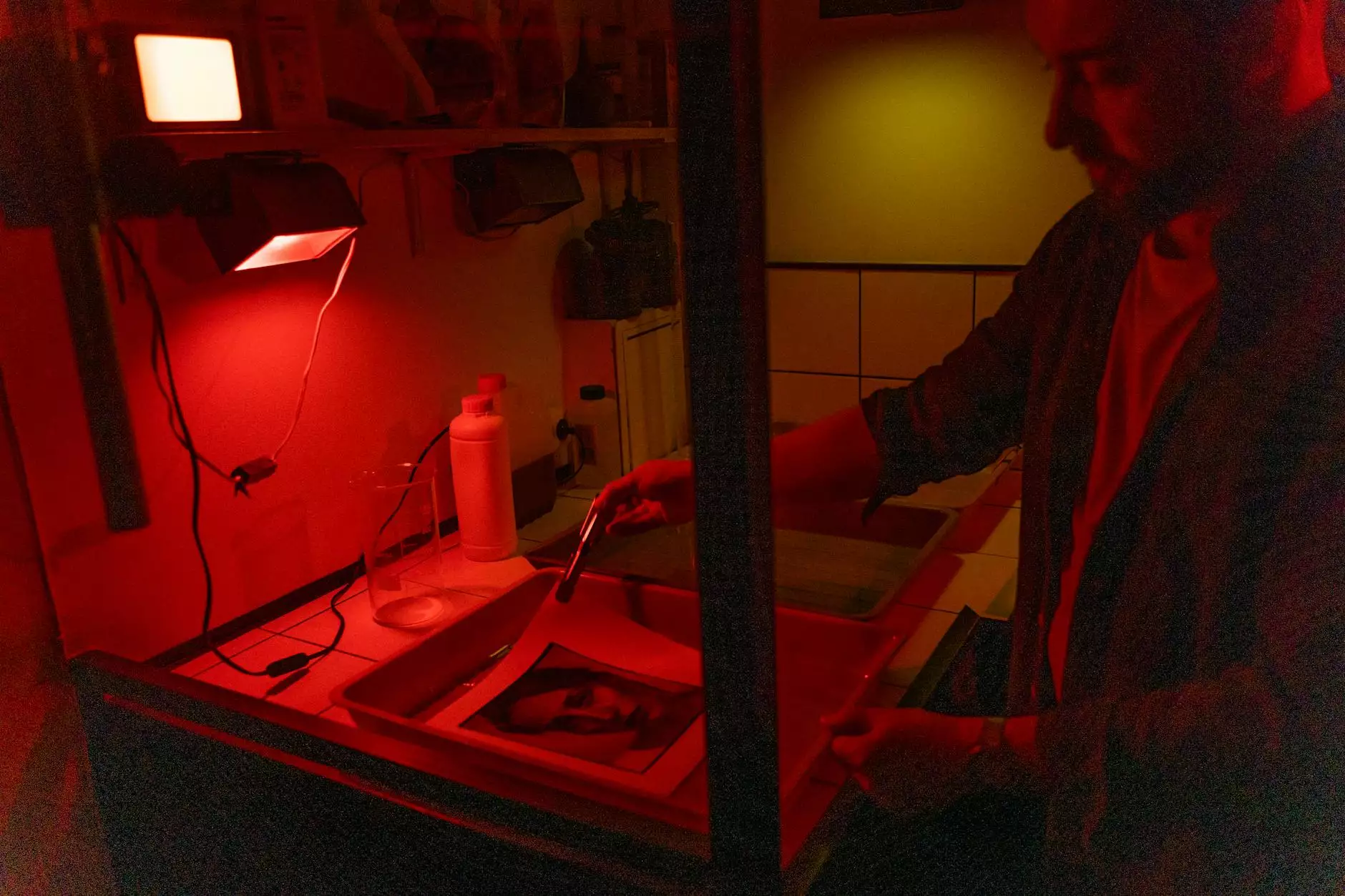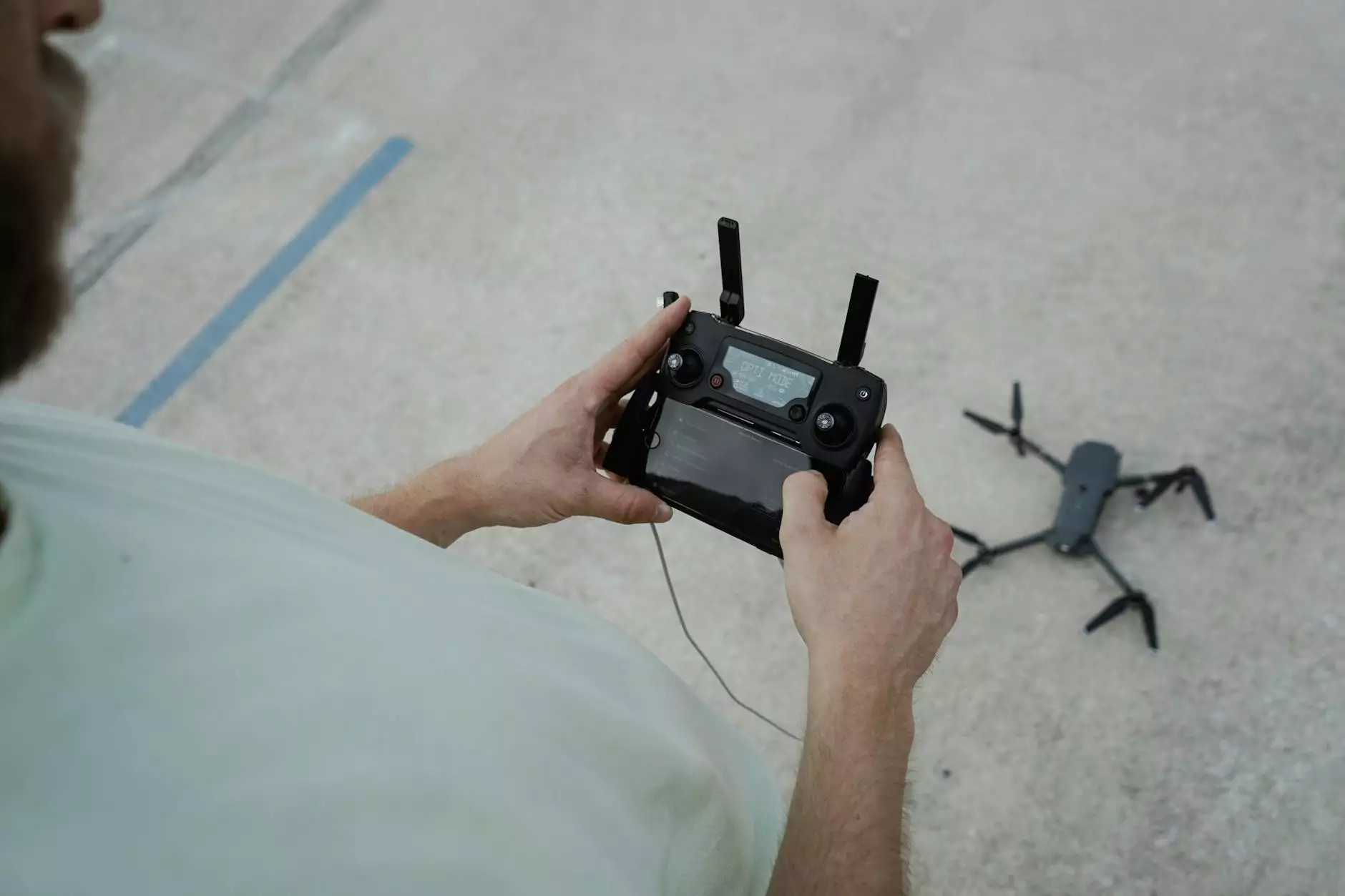FAA Interim Policy Further Supports Section 333 Exemption Process

Welcome to Richardson Law Firm PC's webpage dedicated to the FAA Interim Policy that further supports the Section 333 exemption process. Our firm specializes in providing comprehensive legal services in aviation law and government regulations. We strive to offer expert guidance and assistance to businesses and individuals navigating the complexities of the FAA's regulatory framework.
The Importance of Section 333 Exemptions
Before diving into the FAA's interim policy, let's first understand the significance of Section 333 exemptions. These exemptions grant certain commercial operators the ability to fly unmanned aircraft systems (UAS) or drones for various purposes. By obtaining a Section 333 exemption, operators can legally conduct drone operations that otherwise would not be permitted under standard FAA regulations.
Understanding the FAA's Interim Policy
The FAA's interim policy, unveiled recently, aims to streamline and improve the Section 333 exemption process. This policy provides further clarity and guidance to applicants seeking exemptions, making the entire process more efficient and effective. Richardson Law Firm PC applauds this important development as it brings additional support to our clients who rely on UAS operations for their businesses.
Key Features of the FAA's Interim Policy
Let's explore some of the key features of the FAA's interim policy:
- 1. Expanded Operations: The policy allows for expanded drone operations, enabling operators to conduct a wider range of activities under the Section 333 exemption.
- 2. Streamlined Application Process: The FAA has implemented changes to simplify and expedite the exemption application process. This ensures that businesses can swiftly obtain the necessary approvals to operate drones for commercial purposes.
- 3. Improved Flexibility: The interim policy offers increased flexibility for UAS operators in terms of flight altitude, aircraft weight, and airspace authorization. This grants operators greater freedom and opportunities to carry out their operations safely and efficiently.
- 4. Enhanced Safety Measures: Building upon existing safety regulations, the FAA's interim policy reinforces the importance of responsible drone usage. It emphasizes the need for pilot certification, operational limitations, and adherence to airspace rules, enhancing overall safety in the National Airspace System.
The Role of Richardson Law Firm PC
At Richardson Law Firm PC, we understand the challenges faced by businesses seeking to operate drones for commercial purposes. Our team of experienced aviation lawyers and government regulatory experts is equipped to guide clients through the Section 333 exemption application process.
We provide personalized assistance, ensuring that our clients have a thorough understanding of the FAA's regulations, requirements, and policies. Our dedicated attorneys work closely with businesses to develop comprehensive exemption applications that adhere to the highest legal standards and increase the likelihood of approval. We strive to help our clients achieve successful outcomes and navigate the regulatory landscape confidently.
Conclusion
The FAA's interim policy, which supports the Section 333 exemption process, brings valuable improvements and increased clarity to UAS operators seeking to conduct commercial drone operations. Richardson Law Firm PC is committed to staying at the forefront of the latest developments in aviation law. Our team is prepared to provide expert legal support and guidance to clients, ensuring compliance with FAA regulations and successful operation of UAS for commercial purposes.
Contact Richardson Law Firm PC today to learn more about how our dedicated team can assist you with your Section 333 exemption application and other aviation law matters. Trust our expertise to help your business soar to new heights while navigating the complexities of the FAA's regulatory environment.










